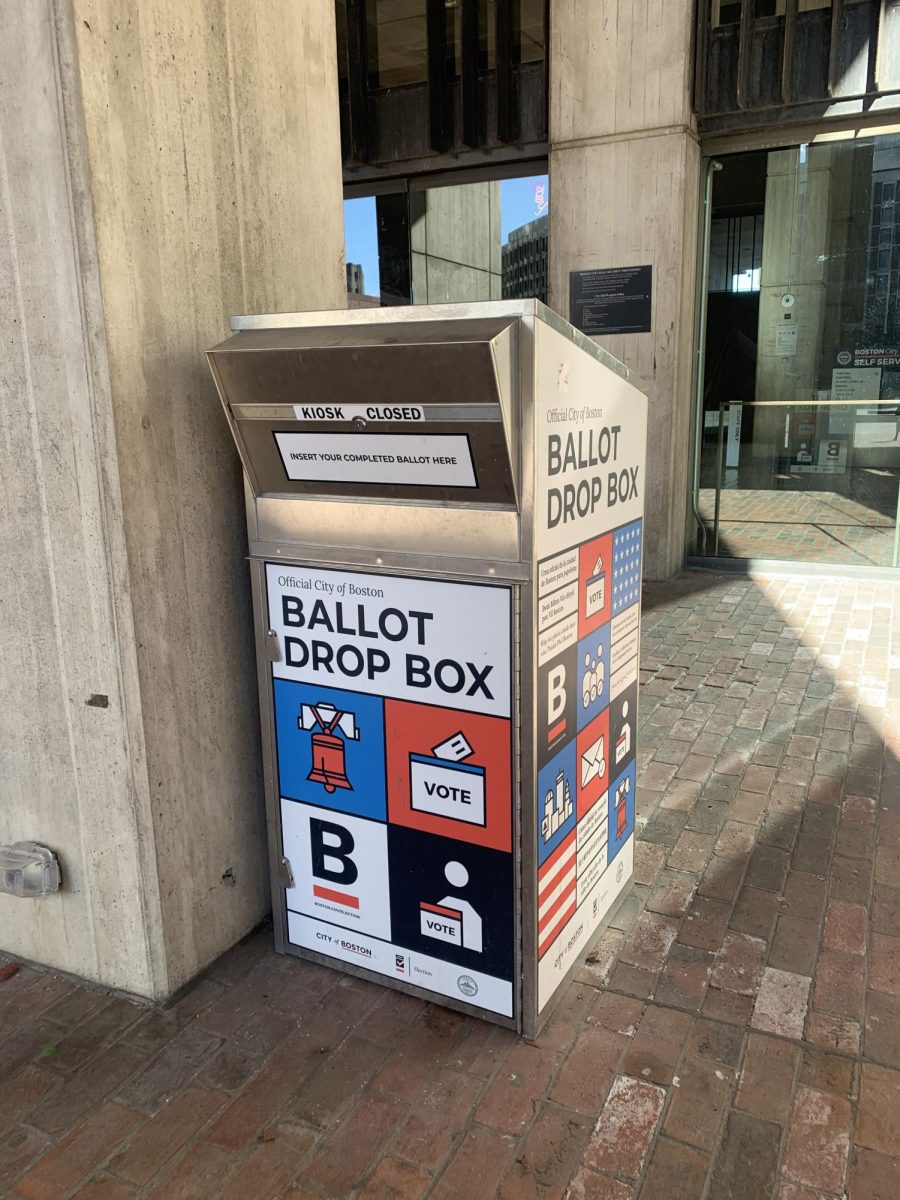Over the summer, the United States came perilously close to defaulting on its debts because of House Republicans’ hesitancy to raise the debt ceiling.
In plain English, the debt ceiling is essentially the nation’s credit limit — the amount of money Congress can borrow to fund programs and pay off interest. Our debt rises in a fairly predictable way, because we know how much we’re going to spend over a given time frame and how much interest we owe on what we’ve already borrowed.
The debt ceiling has been raised literally dozens of times in the last 50 years, and it has almost always been a fairly non-controversial vote — Republicans and Democrats alike have raised it several times, including 18 times under Ronald Reagan and eight times under Bill Clinton.
This time, however, was different. In the 2010 elections, Republicans made large gains, mostly on the back of Tea Party candidates who were vehemently opposed to tax hikes and government spending. Most of the Tea Party members raised issue with what they perceived as rampant government spending, and demanded austerity in the face of a recession. Republicans, similarly, wanted cuts to spending, but were more willing to compromise and raise the ceiling. Democrats hoped for a so-called “clean bill,” which would raise the debt ceiling without any added hooks or cuts, like the kind passed under the Bush administration when Republicans controlled both the House and Senate.
The federal government was set to run out of money to spend Aug. 2. There was some debate about whether the Treasury could continue functioning for a short period afterward by doing some extraordinary financial tricks, but the latest deadline widely quoted was Aug. 15. If it ran out of money, the Treasury would need to decide what it could and could not spend on. To avoid defaulting on our debt — failing to pay back the interest on money we’ve spent — the government would need to drastically cut spending immediately, shutting down part of the government and greatly disrupting federal programs. Essentially, the Tea Party chose to hold the economy hostage and threatened programs that millions of Americans rely upon, like food benefits and housing subsidies, in order to push a political point.
To make a long and frustrating story short, the debt ceiling got raised, but at a cost of trillions of dollars in federal spending and a vote on a constitutional Balanced Budget Amendment, which would prohibit the government from deficit spending. Republicans have been toting this as a victory, with Speaker of the House John Boehner saying that he received “98 percent” of what he wanted.
The killer is this whole debacle does nothing to address real economic problems in this country. As a person who will probably end up spending the rest of his life joining in to pay down the federal debt, I’d rather make sure that I have a job than a federal surplus. The reason that governments deficit spend and rack up large debt is because, in a recession, they are the only entity that can. The answer is not “cut spending, lower taxes.” The answer is “maintain spending, fund jobs.” Hell, the answer can be “raise spending, fund more jobs.”
When the economy turns around, and we are on stable ground again, let’s look at paying down the debt and getting back to the surplus we had in the Clinton era. Until then, let’s make sure that Americans have stable jobs and can feed their families.
When your house is on fire, you don’t run around fretting about how you’re going to clean up all the ash. If our economy is to stay standing, it is going to needa whole lot of new jobs.
– Michael Denham is a senior sociology major and a columnist for The Huntington News. He can be contacted at [email protected].













